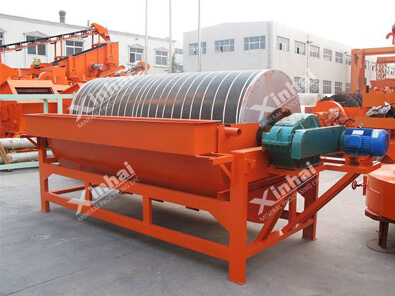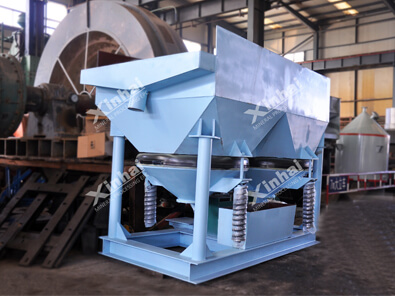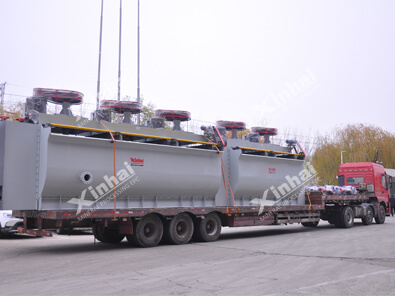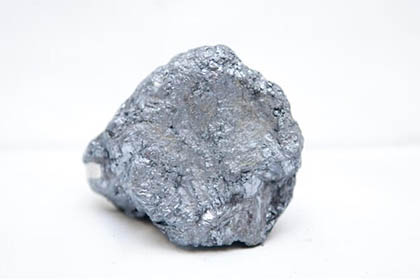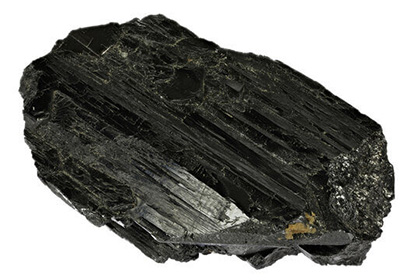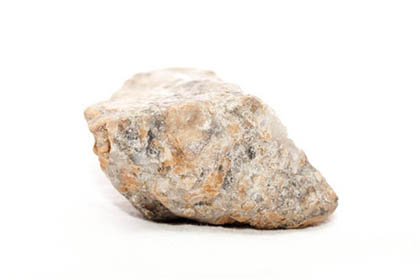7 Kaolin Beneficiation Methods You need to Know
 Shirley
Shirley
 Jul 20, 2021
Jul 20, 2021
 2759
2759
If you want to know more details about equipment, solutions, etc, please click the button below for free consultation, or leave your requirements!

The purpose of kaolin beneficiation is to improve the whiteness of kaolin by removing harmful dyeing impurities such as iron, titanium and other organic matter, or to improve the quality of kaolin by removing sandy minerals such as quartz and feldspar. The kaolin purification processes currently used mainly include gravity separation, magnetic separation, flotation, leaching, chemical bleaching and roasting, etc. Before we have talked about the kaolin mining process, this article will take you to learn 7 kinds of kaolin purification processes.
01 Gravity Separation Process
BackGravity separation process mainly uses the density and particle size difference between kaolin and gangue to remove light organic matter and high-density impurities containing iron, titanium and manganese to achieve the purpose of kaolin purification.
Kaolin gravity separation is to replace washing and screening processes with small cone angle cyclone group or centrifuge, which can not only achieve the purpose of washing and classification, but also remove some impurities. However, it is difficult to obtain the qualified kaolin products by gravity separation process. After gravity separation, calcination, magnetic separation and leaching methods must be used to obtain qualified products.
02 Magnetic Separation Process
BackKaolin magnetic separation process is mainly used to remove the weakly magnetic dyeing impurities such as hematite, siderite, pyrite and rutile in kaolin. Magnetic separation doesn't use chemicals and doesn't pollute the environment, so it is widely used in the purification process of non-metallic minerals.
The magnetic separation process solves the problem of exploitation and utilization of low quality kaolin resources which have no commercial exploitation value due to high iron content. The superconducting magnetic separator can directly process the kaolin containing many impurities. However, it is difficult to obtain high-quality kaolin products through single magnetic separation process. At present, other processes such as chemical bleaching are needed to further reduce the iron content of kaolin products.
03 Flotation Process
BackFlotation process can effectively remove iron, titanium and carbon impurities in kaolin, and realize the recycling and reuse of low-grade kaolin resources such as coal series kaolinite. Kaolin particles are finer and more difficult to float than gangue minerals. Therefore, kaolin flotation process mostly uses reverse flotation to achieve better removal of impurities, such as carbon removal, desulfurization and iron removal by reverse flotation.
Flotation can significantly increase the whiteness of kaolin. The disadvantage is that the added chemicals cause higher production costs and environment pollution.
04 Leaching Process
BackLeaching is the method of dissolving and removing certain impurity components selectively in kaolin by adding leaching chemicals. Such as acid leaching (use of hydrochloric acid or sulfuric acid) and microbial leaching method.
Compared with other purification processes, the leaching process is simple, which can significantly reduce the production cost and effectively develop and utilize low grade kaolin. However, strict environmental assessment and economic benefit assessment must be carried out when microbial leaching is used.
05 Chemical Bleaching Process
BackChemical bleaching process refers to the method of removing ferric ions and their oxides by adding chemicals. Kaolin chemical bleaching method includes oxidation, reduction and oxidation-reduction method. Chemical bleaching can greatly improve the whiteness of kaolin products. However, its production cost is high and it is mostly used for further purification of impurity removal kaolin concentrate.
The chemicals used in the process, such as sodium disulfite, will produce acidic waste gas and waste water, which has a great impact on environmental pollution. Therefore, environmental protection and economic rationality should be considered when using chemical bleaching process.
06 Roasting Process
BackRoasting is also an important purification process to improve the whiteness of kaolin. The carbon impurities in kaolin can be removed by roasting process. For example, magnetic impurities can be removed by magnetic roasting and magnetic separation, and some metal impurities can be removed by chlorination roasting.
The roasting process can greatly improve the whiteness of kaolin to obtain high quality kaolin products, realize the utilization of low grade kaolin resources, and obtain high quality kaolin products However, this method consumes a lot of energy and will pollute the environment during the production process.
07 Combined Process of Multiple Methods
BackIt is difficult to obtain high-quality kaolin products with a single beneficiation process, especially for low-grade coal series kaolin and kaolin with complex compositions. In the actual production of kaolin, the combination of multiple beneficiation processes is often used. The common purification process of kaolin is shown in Table 1.
Table 1 Common Kaolin Purification Process Flow

08To Wrap Up
BackThe above are the 7 methods for processing kaolin. In actual production, it is often necessary to combine multiple purification processes to obtain qualified kaolin concentrate. Before production, it is recommended to do the beneficiation test first, and develop the appropriate beneficiation process according to the test results.
If you have any questions, welcome to leave a message, or contact our online service.
 +86 18716000713
+86 18716000713 xlyin@xinhaimining.net
xlyin@xinhaimining.net



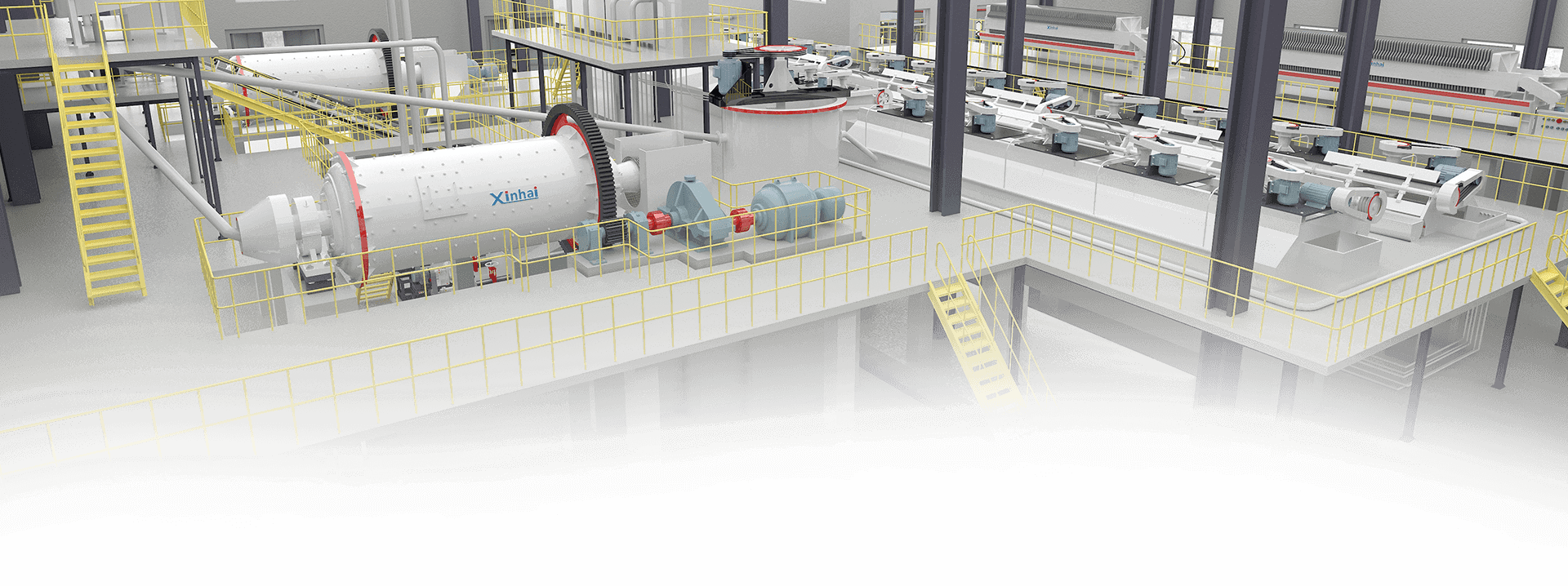
 Message
Message Chat Now
Chat Now


